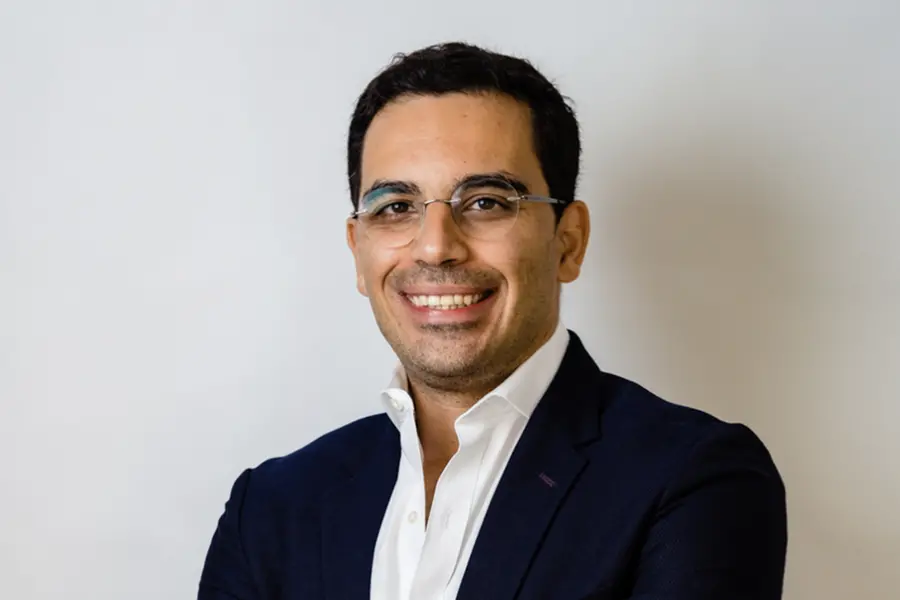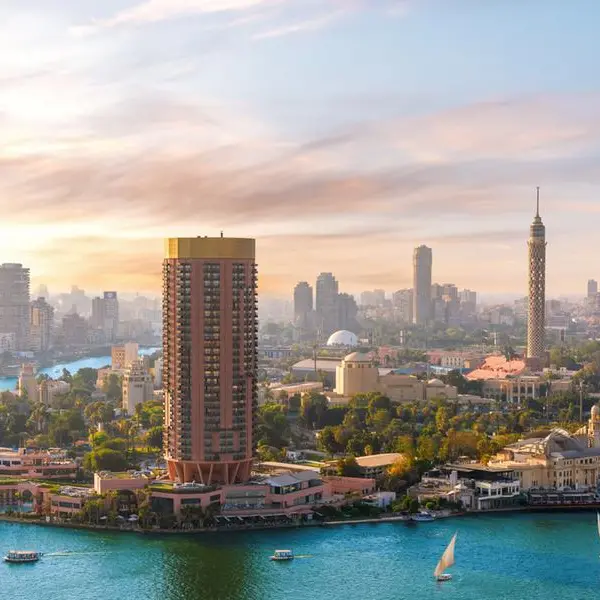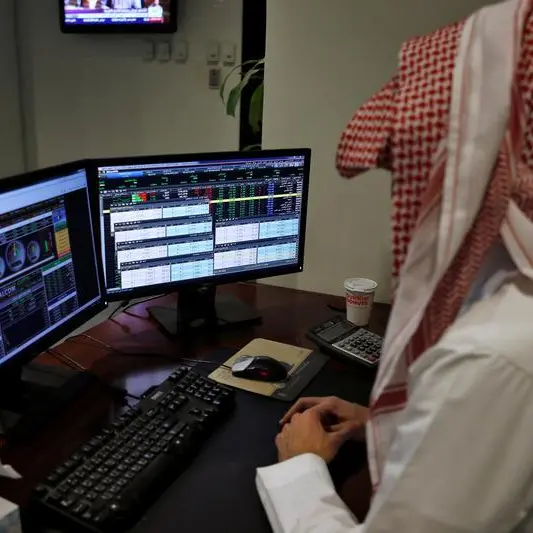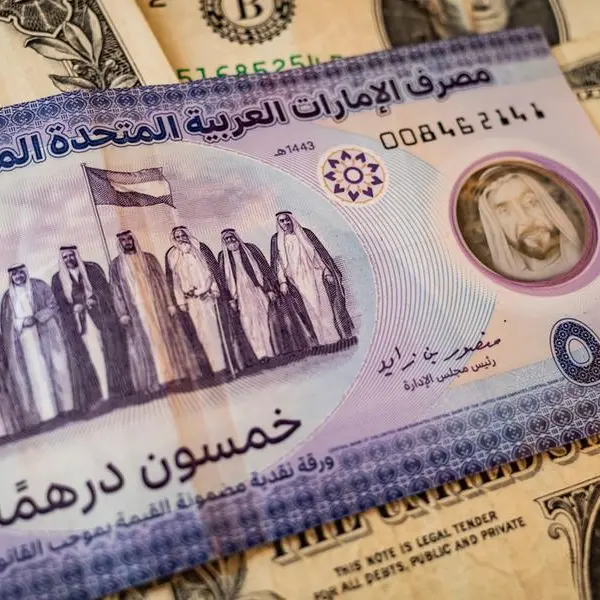PHOTO
Dubai-based venture capital firm NUWA Capital plans to “deploy very aggressively” in 2024 after postponing the move last year due to perceived “super high” valuations, founder and managing partner Khaled Talhouni told Zawya.
Funding for start-ups was a vexed topic last year as entrepreneurs in the region felt the effects of a global funding winter, Africa experienced a slowdown and the UAE suffering a 65% decline in VC funding according to one report.
NUWA Capital started in 2020 and launched its first $100 million fund in 2021. “We felt there was a lot of frothiness of the market, especially in the velocity in how quickly the deals were getting done,” Talhouni said.
The market had now “cooled significantly” since the fund’s launch and with 60% of it still left to deploy.
The firm, which is based in DIFC but also operates in Riyadh and Cairo, is likely to launch at two or two-and-a-half times the pace of last year, Talhouni told Zawya.
“We think we have got much more interesting companies emerging, great founders coming out, and we have much more rational terms, but most importantly the companies themselves are much more efficient in the way they utilise cash, and much more orientated towards profitability either at the unit economics level or on the overall level, which is great for us,” he said.
For 2024, firms like buy-now-pay-later (BNPL) outfits such as Tabby and Tamara, which Talhouni described as “world leading”, show the potential for the growth of consumer credit solutions in the region.
The deepening of capital markets Tadawul and Nomu, in Saudi Arabia as well as those in Dubai and Abu Dhabi also show “huge opportunities” for reg-tech as well as start-ups that enable trading on capital markets, he said.
NUWA’s current portfolio includes a range of early-stage companies from investment platform baraka, furniture e-commerce outfit Homzmart, expense management system Qashio as well as eyewear site Eyewa.
The firm is looking towards other private label e-commerce outfits, or companies that are building their own brands as well as healthcare and health-tech in 2024.
More unicorns in 2024
While it is possible that Saudi Arabia will surpass the UAE for start-up funding in the coming years, Talhouni said companies really need to operate GCC-wide in order to achieve any sort of scale. So to think of them of as UAE or Saudi companies is not of relevance, he said.
“I would say most technology businesses that we invest in tend to be regional rather than local. It’s very hard to achieve scale unless you have meaningful presence in Saudi and the UAE, but even better if you have presence in Egypt,” he said.
The region’s flagship unicorn, ride hailing app Careem which now styles itself as ‘the everything app’, has a big chunk of revenue in Saudi, Egypt, Pakistan and North Africa, he said.
“I think there will be more billion-dollar companies by 2024; I have no doubt there will be multiple companies over the next three to five years, 30 to 40 by 2028 is our estimate,” he said, adding that there is nonetheless a gap in funding for companies trying to get from Series A to Series C.
(Reporting by Imogen Lillywhite; editing by Seban Scaria)





















